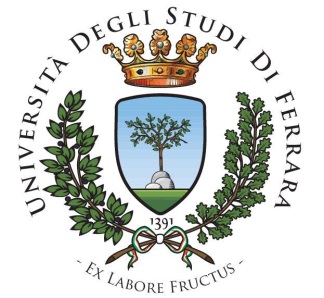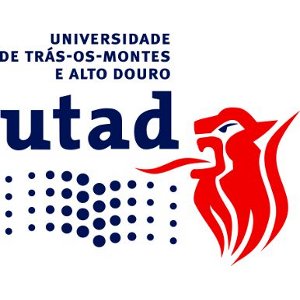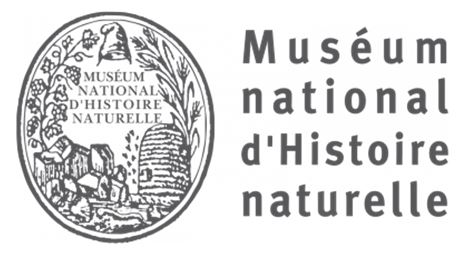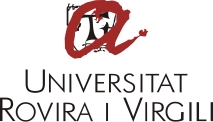- Programme coordination
| Dr Carlos Lorenzo Merino | carlos.lorenzo(ELIMINAR)@urv.cat |
- Programme Academic Committee
| Dr Carlos Lorenzo Merino (president) | Dr José Pedro Rodríguez Álvarez (secretary) | |
| Dr Ethel A. Allué Martí | Dr Robert Sala Ramos | |
| Dr Francisco Javier Sigró Rodríguez |
- Offer
| Places available | 0 |
- Language
- Catalan
- Spanish
- English
- Introduction and objectives
The main aim of doctoral studies is to train students to carry out high-quality advanced research. The general objectives of this doctoral programme are the following:
- To incorporate the doctoral students in a research group.
- To broaden the students' abilities so that they can specialise intensively in the research lines defined by the programme.
- To foster initiative in undertaking research projects with the methodology and the scientific principles of the research line in which they are working.
- To promote the acquisition of general skills related to personal and group work, participation in research projects, management of bibliographic databases, etc.
- To train students to acquire the capacity for archaeological management.
- To develop strategies for dissemination and communication of science.
- To prepare the doctoral thesis.
- An inter-university doctorate
The Erasmus Mundus doctoral programme on the Quaternary and Prehistory is coordinated by the Università degli Studi di Ferrara and jointly organised by the following universities:
Participating universities
|
|
 |
 |
 |
- Career opportunities
Students who successfully complete the doctoral programme will be able to work in the following areas:
- Research in research centres and national and international universities in the fields of prehistory, human evolution and quaternary, and their respective specialities.
- University teaching.
- Socialisation of science in museums, education companies and other public and/or private companies teaching prehistory and cultural and heritage management.
- Preventive archaeology in national and international companies or public bodies.



